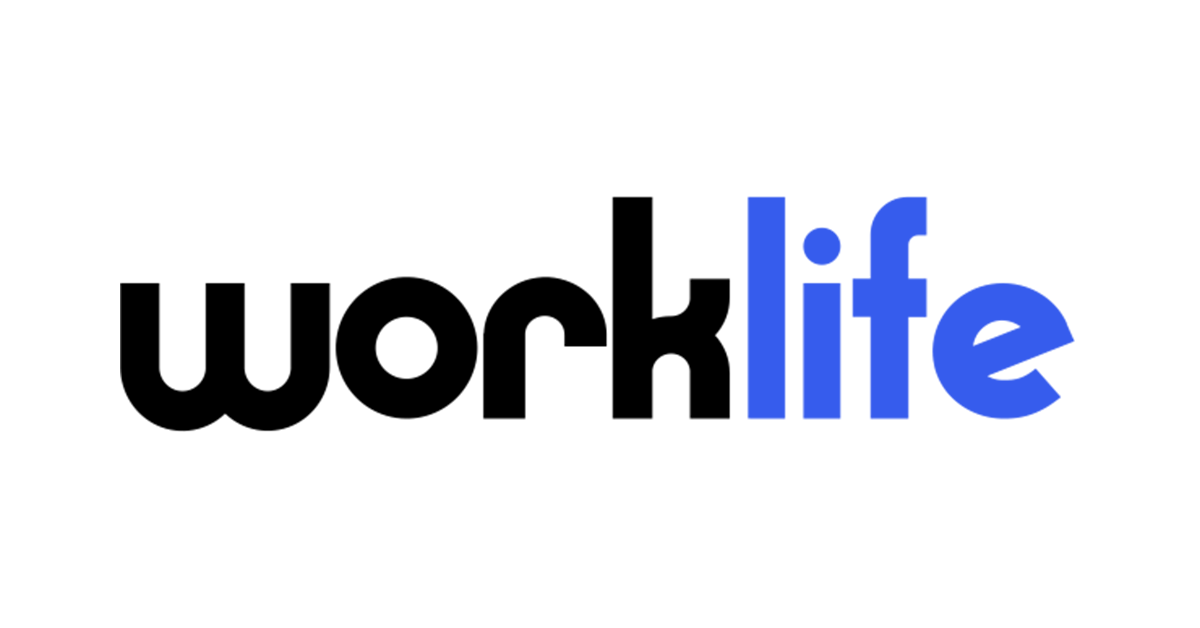It’s been a year since our first chance to learn what agility really means. Sure, it wasn’t the way we wanted to learn–but suddenly, new regulations, layoffs, dealing with PPP loans, and figuring out how FFCRA applied were front and center. And now? We’re writing vaccination policies. Nothing we did in any HRCI or SHRM certification class prepared us to write vaccination policies. What are we? Doctors?
But, here we are. And I have to ask. Are you okay?
No. Not, are your employees okay. (Although that’s a question we think about all the time.) Are you okay?
Every time I get a Covid-19 survey on Facebook, it asks if I’ve had any symptoms–one of which is fatigue. And I have to say, “yeah, I’ve been suffering from fatigue. I don’t know a single HR person who hasn’t been.” It’s not Covid-induced fatigue, but we’re tired.
Mental health is an integral part of employee relations. To be clear, ER people are not therapists, nor should they act as such. But, reducing stress, identifying when people should ask for protection under the Americans with Disabilities Act (ADA), and coaching managers on communication and de-escalation techniques are everyday activities.
All of these are mental health-related activities. And right now, more than ever, it’s a critical aspect of every HR department.
The number of people who reported depression symptoms jumped from 11 percent in December 2019 to 42 percent in December 2020. So, while ER and HR people are trying to keep their staff afloat, we have to remember to check in on ourselves too.
Here are some ways HR professionals can make sure they have the strength to continue helping everyone.
Stop working all the time.
It’s never going to be done–the work, I mean. The virus will end, but the work won’t. And since it’s impossible to be done, know when it’s time to take a break. Step away from the phone. Put Slack on do not disturb. Some things can wait until morning.
Get some mental health education.
It’s probably not a good time to get that Ph.D. in psychology, but you can take the time to join a webinar like this one: Mental Health in the Workplace – One Year into Covid. Learning some of the things you can do to help yourself and your employees can be help re-energize you.
Learn to say no.
One of the primary things that ER people do is try to figure out solutions to other people’s problems. Right now, the stress levels are high; the workload is unmanageable. It’s OK to push back. No, you can’t be all things to all people. No, you can’t work full time, and be a girl scout leader, and plan a virtual party for St. Patrick’s Day. Say no.
Give people tools.
One of the best things you can do is give people the tools they need to support themselves. It reduces your stress and their stress. For instance, remind them to call their EAP for support, have your wellness programs focus on stress reduction, and encourage people to take vacations. Doing these simple things can really make your employees happier, reducing work conflict as well. It’s a winning situation.
Make sure you move.
If you’ve been working from home, you’ve lost the day-to-day walk to go pick up lunch or even the walk from the parking lot to the office. We walk from the bedroom to the kitchen to the office and back. Make sure you get up and move. If weather permits, try to get out every day to get some fresh air and some sun. This not only helps your mental health, but a good dose of vitamin D can boost your immunity and help with Covid-19.
Help each other.
Working as a team can help you share your load. Yes, you will help your coworkers carry their burdens, but somehow it’s easier when we’re all working together.
No matter how you approach it, your mental health is essential. You cannot help your employees as effectively if you are struggling yourself. Make sure that you make yourself a priority. HR leaders need to make sure they and their departments receive the support they need.
It will make your employees better off as well.



